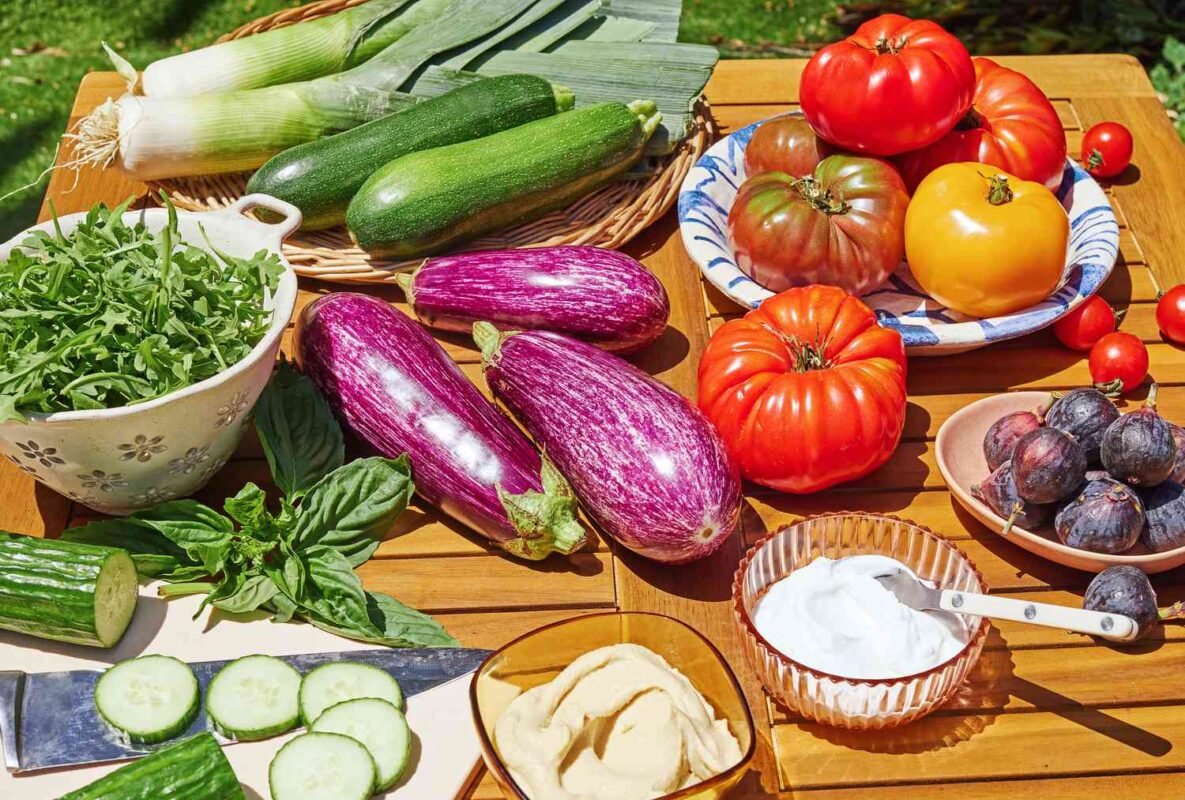Events
Why You Should Stock Up on Black Pepper Right Now

- Shortages of black pepper may cause prices to rise this year.
- Impending tariffs against Brazil and Vietnam, both major black pepper producers, may also affect prices.
- If you want to stock up, buy whole peppercorns rather than ground pepper, and consider storing in the freezer.
When you think of expensive spices, you might think saffron or vanilla—but you probably don’t think of a staple like black pepper. But between the shortages of the world’s most traded spice and shifting U.S. tariff policies, you may soon see a sharp price hike for black pepper products. EatingWell spoke with the American Spice Trade Association (ATSA) to learn more.
“The main driver for the reduction in global black pepper supply is reduced production in Vietnam, the leading producer of black pepper,” says ATSA executive director Laura Shumow. “Following pepper price drops in 2018 due to a surplus of black pepper, Vietnamese black pepper farmers shifted away from planting black pepper and began planting other crops. Black pepper vines take several years before they begin bearing fruit, so the impact of this shift is felt years later, and we are still experiencing the shortage today.”
While Indonesia, India and Brazil are the other main producers of the spice, Vietnam leads the way in exports, making the repercussions of their farming decisions widespread. Still, it’s a pattern that many black pepper producers and traders are undoubtedly accustomed to.
“Black pepper pricing tends to be cyclical based on the trend of production declining following price decreases and production increasing when prices are high,” explained Shumow, referencing recent ATSA crop reports that demonstrate relatively low production numbers in Vietnam and other leading exporters over the last several years. “Based on this trend, we expect that we are still several years away from seeing supply catch up to demand.”
Though the numbers slightly increased in Brazil and Vietnam in 2024 and the first part of 2025, farmers will need to find solutions to the various other challenges they face if they’re going to help alleviate shortages and stabilize prices for consumers in the coming years.
One significant factor is climate change, which has resulted in unpredictable rainfall. This unpredictability has adversely affected planting and harvesting, as farmers depend on consistent rainy seasons for everything from creating farming schedules to ensuring the health of their crops, ultimately determining the value of their products.
The impending retaliatory U.S. tariffs set to take effect on July 9 may cause further price hikes, especially since black pepper-producing countries face some fairly high percentages—including a staggering 46% for Vietnam. Disorganized trade systems, increased shipping costs, and the reverberating effects of COVID-era supply chain disruptions are among the other challenges affecting farmers and, in turn, the availability and prices of black pepper.
Stocking up on the staple spice before the likely spike in prices occurs is one way to lessen your impact as a consumer. Just make sure to store reserves in airtight packaging or containers in a cool, dry place or in the freezer for an even longer shelf life (up to 12 months for most spices). To further ensure freshness and the best taste, opt for whole peppercorns and grind them as needed instead of in batches.
Finding substitutes that are less expensive or less likely to be affected by these issues is another option that can save you money. Spices that boast numerous health benefits and share similar warm and spicy notes typical of black pepper include coriander, cumin, cayenne pepper, cloves and smoked paprika.
Whether you choose to stock up on black pepper or find alternatives, you can take relief in knowing that shortages and prices will even out if they follow historical trends.

